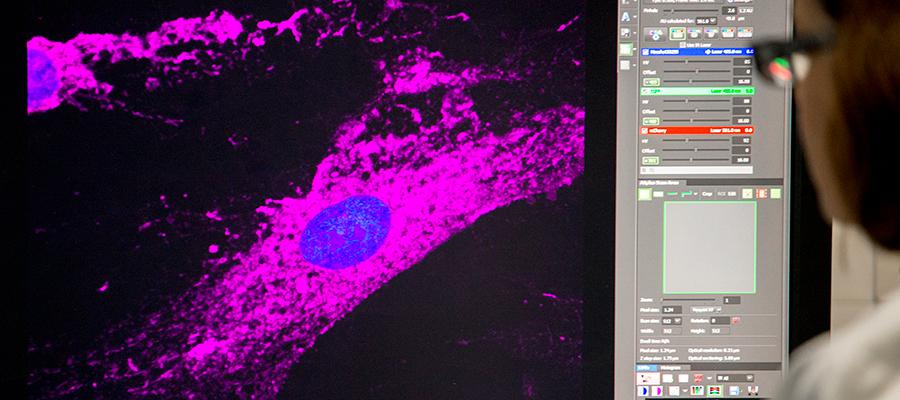Cutting-Edge AI Analyzes Blood Samples to Predict Disease 10 Years Before Diagnosis
Posted on 31 Jul 2024
Scientists have developed an advanced artificial intelligence (AI) approach that can predict the likelihood of developing age-related conditions such as Alzheimer's and heart disease up to a decade before symptoms manifest. By analyzing blood samples from over 45,000 individuals using machine learning, researchers identified specific protein patterns associated with an increased risk of disease. This capability to predict the probability of developing a health condition before any symptoms are observed could potentially enhance personalized medicine by providing early warnings, thereby opening doors for preventative interventions.
Researchers from the University of Edinburgh (Edinburgh, UK) participated in a study that used data from the UK Biobank, which contains genetic and health information from half a million UK participants. They applied AI and machine learning to detect protein patterns in blood that correlate with the onset of common ailments including Alzheimer’s, heart disease, and type 2 diabetes. The analysis was based on medical records that extended up to ten years following the initial blood sample collection.

Furthermore, the research team validated their findings by applying the identified protein patterns to diagnose conditions in blood samples from another group of participants who were not included in the initial analysis. The results, detailed in the journal Nature Aging, showed that these protein patterns could predict health conditions with greater accuracy than traditional risk factors such as age, sex, lifestyle choices, cholesterol levels, and other standard clinical measurements. Although the implementation of this predictive analysis may not be immediate, experts acknowledge that this research marks significant progress in the field of risk prediction.
“It’s encouraging to see how much potential there is from a single blood sample that allow us to predict a range of disease outcomes,” said Dr. Danni Gadd, University of Edinburgh. “Being able to detect early warning signs for a broad set of conditions may lead to opportunities for early intervention and prevention, marking a significant moment for the healthcare industry.”
Related Links:
University of Edinburgh













